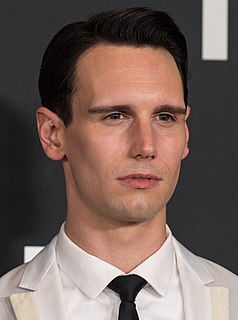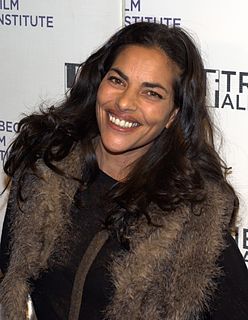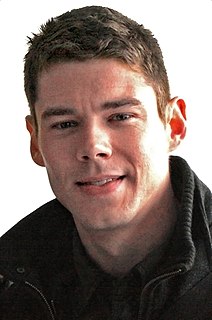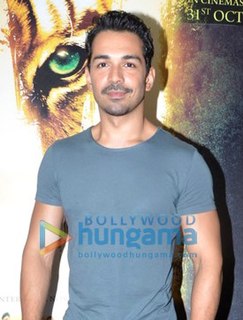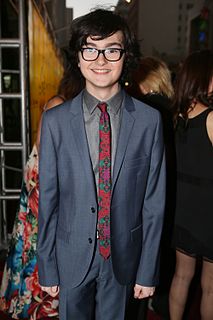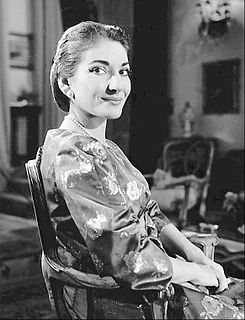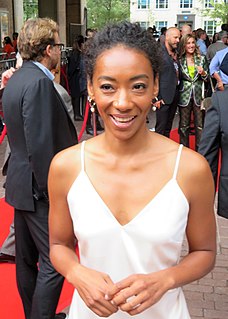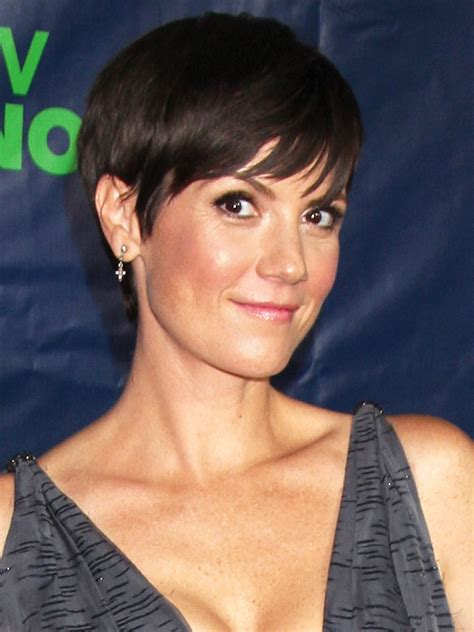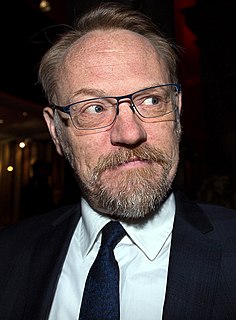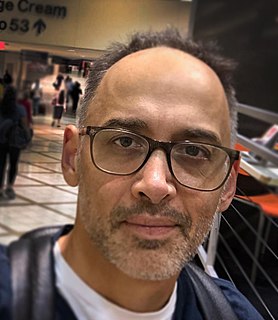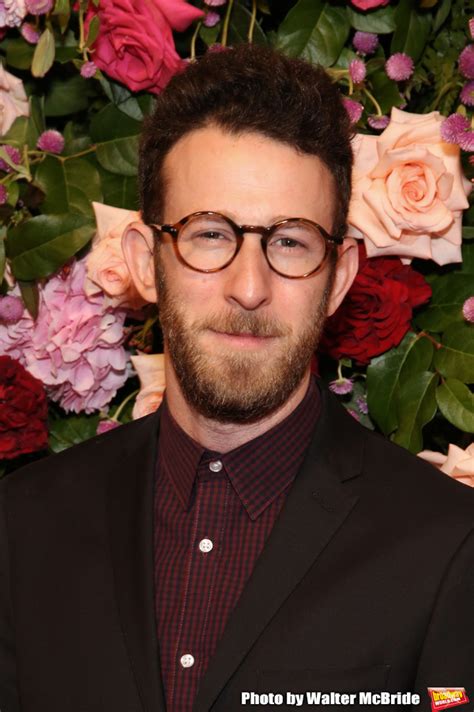A Quote by Cory Michael Smith
In theater, you're allowed to take your time and sit in a role for a month before you have to share it with anybody. In film and TV, you have to just kind of show up and be ready to do that, which, to me, is very strange and crazy.
Related Quotes
People call me a theater actor, but I'm just an actor. But I tell my friends all the time - especially a lot that do theater and haven't done a lot of TV/film - that you have so much more control over your work onstage. When you go onstage, you can really see the difference between people who can really do it, and people who are just kind of pretending to do it. There is no editor, there's nothing that's going to stop the actor from showing what they can do unless it's not a well-written role.
It takes a little more time to get into the role, but not very much more. In making a record you don't have the sense of projection over a distance as in an opera house. We have this microphone and this magnifies all details of a performance, all exaggerations. In the theater, you can get away with a very large, very grand phrase. For the microphone, you have to tone it down. It's the same as making a film, your gestures will be seen in close-up, so they cannot be exaggerated as they would be in a theater.
When preparing for a role, a month is a luxury. Sometimes you've maybe got two weeks before you start on something. So you have to learn how to do it quickly. And the longer you have a role, that it lives in your imagination, the more you're going to be able to contribute when you get on set. Because it's really about your subconscious having time to sit with the part, so you're out doing something and then something occurs to you, you know?
In terms of theater itself, no story is too strange or method of telling it too impossible these days. In many ways, musical theater has caught up with straight theater in that it's allowed more surreality and breaking of form, and that's really exciting to me - the challenge is getting people to produce those shows.
I slept in Uday Hussein's bed - that was just so strange. Went to Saddam's palace, was in a mortar attack - crazy stuff. And like three days later you're back in traffic on Sunset Boulevard. It's all kind of behind you, which is kind of perfect for a guy like me because I can take that and turn it into quite the tale.
